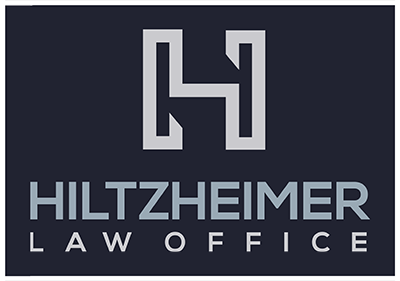One of the most common misconceptions in criminal law and procedure is the significance of a police failure to read Miranda rights — the right to remain silent, and right to an attorney — to a suspect or arrestee. Many people believe that if they are arrested for a drunk driving (DWI or DUI) offense (or drug offense, or any other criminal offense), and the arresting officer never reads the defendant his Miranda rights, that the case must be thrown out. Unfortunately, there is no truth to that belief.
In fact, the effect of an officer’s failure to read Miranda rights to a suspect in the course of a drunk driving arrest is very limited. Specifically, if you are arrested for a DWI and you are not read your Miranda rights, the only effect this will have on your case is that any statements you made while in custody, in response to interrogation, will not be admissible as evidence against you in the state’s case-in-chief (though it may be admissible as impeachment evidence in rebuttal).
In short, the legal effect of Miranda’s guarantee is limited to statements made by a defendant, and is further limited only to statements made by a defendant after he or she is placed into custody, and further, only to statements made in response to questions by state officials which are designed to elicit an incriminating response.
As a result, if you are arrested for a DWI in Raleigh or elsewhere in North Carolina and you’re never read your rights, the effect on your case is likely to be non-existent. In most cases in North Carolina, the most damning statements made by individuals suspected of drunk driving are made in the first few minutes of a traffic stop, well before being placed into custody — which means those statements are not protected by Miranda at all. And Miranda will do nothing to prevent your breathalyzer (BAC) result from coming into evidence, nor will it limit the State’s ability to introduce the officer’s testimony of his observations of what he will claim were visible signs of impairment.
One important take-away point is this: If you’re stopped by police on suspicion of drunk driving or anything else, you should respectfully decline to answer any questions. If you’re asked if you’ve been drinking, don’t say yes and don’t say no. Just say you’d prefer not to answer any questions. If you’re asked where you’ve been, you certainly shouldn’t say you just came from a bar. Or even from dinner. Just say you’d prefer not to answer any questions.
Miranda may not help you much in a DWI stop, but knowing your right to remain silent in advance and exercising that right may be the difference between a Guilty and a Not Guilty — or a probable cause finding or lack thereof — when your case goes to trial.
★★★
Raleigh DWI attorney Ben Hiltzheimer is a criminal defense attorney in Raleigh, North Carolina, who represents individuals charged with DWIs and the full spectrum of misdemeanors and felonies. Contact us for a free, confidential consultation and case evaluation at (919) 727-9227.

 Reviews
Reviews
